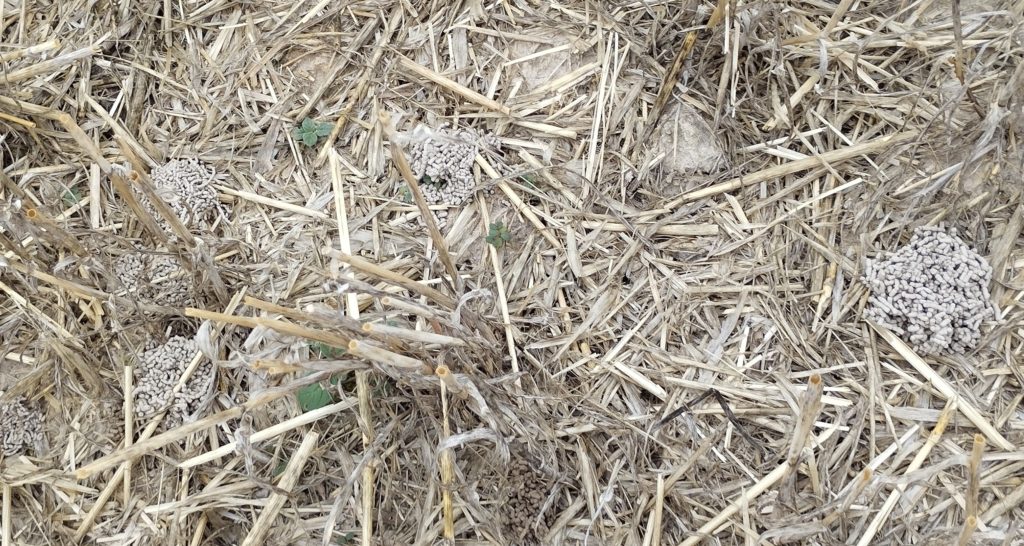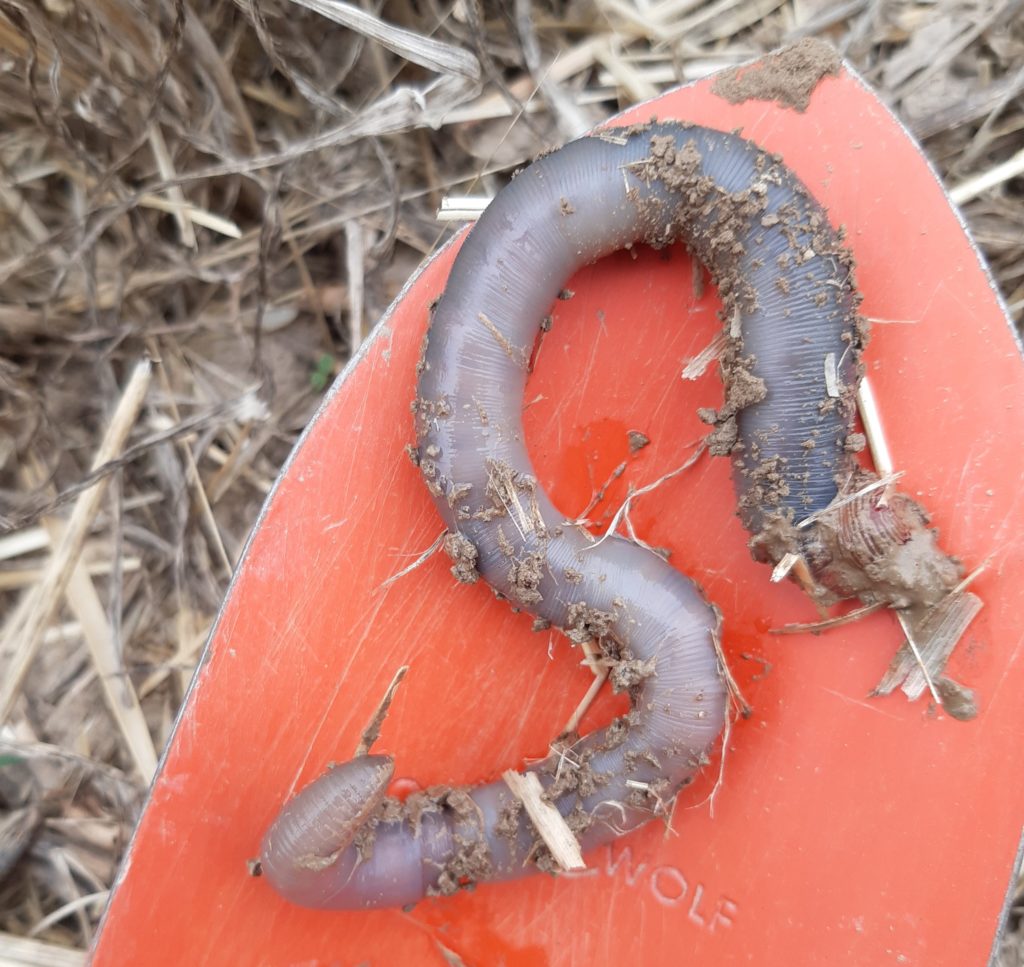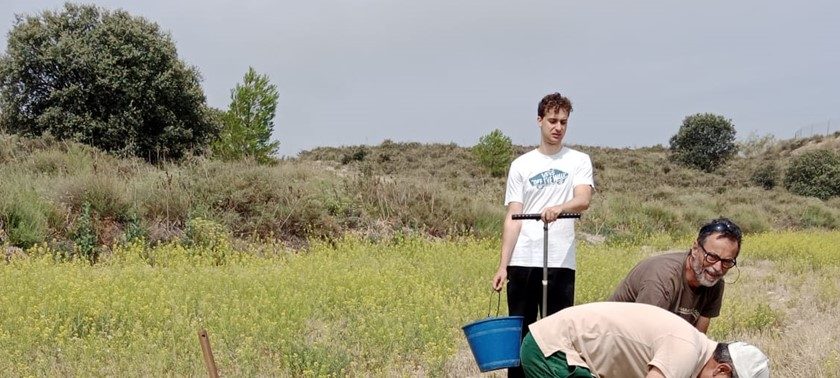Last Wednesday, July 5, soil sampling began to evaluate the impact of direct sowing and crop rotation with legumes on dryland extensive systems in Castejón del Puente (Huesca, Spain). The “S.O.S.-Suelo” project is exploring the effect of various agronomic practices (such as direct sowing, plant cover, the introduction of legumes in rotation or ecological management) on soil quality, with particular emphasis on soil microbiota. During the course of the project, rainfed and irrigated agrosystems will be evaluated, including extensive crops, vines, olive trees and almond trees.

AGROALNEXT is a Complementary Plan developed by the Ministry of Science and Innovation in coordination with the Autonomous Communities. This Plan is a contribution to the transformation of the agri-food sector into a greener, more sustainable, healthy and digital scenario, bridging the gap between scientific discoveries, technology development and its implementation. The Center for Research and Agrifood Technology of Aragón (CITA) develops three AGROALNEXT demonstration projects, linked to global health, the evaluation and improvement of soil health and the agroecological management of the main Aragonese crops. In addition to the project “S.O.S. Suelo, Evaluation of the quality of the soil in different agroecosystems and determination of indicators for sustainable management”, the projects “BIODIVERSA, Biodiverse and resilient agricultural systems” and “GANARAM, Livestock production systems in Aragon and antimicrobial resistance that affect human health” are being implemented.


